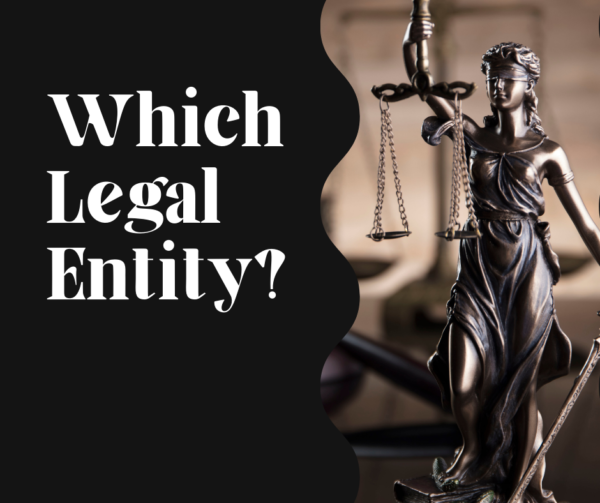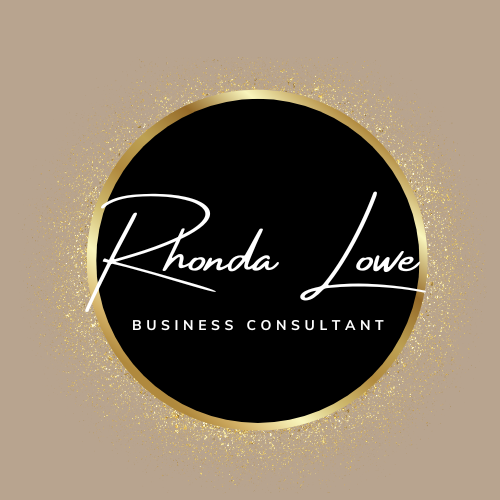Having the idea of starting your own business is one thing. How to do it is another. Here is what to do next in steps on how to start your own business-Step #2.

2. Build the Right Foundation
In our continuing series of Steps on How to Start Your Own Business we are now on Step #2. Now it is time to build the right foundation. What does it take to build the right foundation when starting your own business?
It’s easy to want to start with the fun part: the marketing, buying the merchandise, setting up your location.
What is important though, is to create the right foundation that will provide you with a solid start.
-
What licenses and permits will you need?
Most businesses will need some form of local license or permit. To find out what is needed in your area check with your local City Hall to see who oversees business licensing and permits if you are located within city limits. If you live in an unincorporated area, contact your county business license department.

In addition, there are certain professional occupations that require additional state licensing. Some of these include:
- Accountants
- Contractors
- Cosmeticians
- Optometrists
- Realtors
Certain business categories could require additional licensing.
- Automotive sales and repair
- Beer, wine and liquor sales
- Pest Control
- Real estate appraisers.
To find out what licensing board governs your profession check with the Department of Consumer Affairs or Contractors State Licensing Board in your state.
Other licenses and permits that might apply to you:
Seller’s Permit
If you will be selling or renting any tangible personal property you will need to register with the Board of Equalization in your state to get your seller’s permit. This is what allows you to charge sales tax and provides the method to remit the sales tax you have collected.
Fictitious Name Statement
This is also known as a “DBA” (Doing Business As). It is required if you are operating your business under any name other than your own. This is normally done through your County Clerk’s office. You must then run a Fictitious Business Name Statement in your local adjudicated newspaper for 4 consecutive weeks.
Other Permits That Might Apply
If you are selling or handling food, you will need a permit from your County Health Department. These sometimes go by different names so check to see what it is in your area.
If you are selling alcohol you will need to check with your Alcohol Beverage Control for their requirements.
If you are making any tenant improvements to your business, you might need some type of building permit. Your local building department will tell you what is required for what you want to do.
-
What legal entity will you choose for your business?

One of the most important decisions you will make early in the planning stages, is which legal entity you will choose for your business. There are many nuances to choosing the right one that can affect the protection of your personal assets as well as your tax status. Check with an attorney and/or a CPA for the advice that is best for your situation.
Common Types of Legal Entities
- Sole Proprietor
- General Partnership
- Limited Partnership
- Corporation
- Limited Liability Company
Use this graph provided by the Small Business Development Center to help understand the differences so that you and your attorney or CPA can make the best choice.
-
What type of insurance will you need?
There is a wide variety of commercial insurance coverage available to the entrepreneur. Different types of businesses call for different types of insurance. An honest and open conversation with your insurance agent will help you decide what is right for you.
Here are some of the most common insurance types:
- General Liability
- Professional Liability
- Product Liability
- Workers Compensation
- Basic Fire Insurance
- Theft Coverage
- Vandalism and Malicious Mischief
- Automotive
- Business Interruption
- Business Property Insurance
- Data Breach
- Employment Practices Liability
- Unemployment
- Disability
So, it is easy to see that there are a lot of options to explore with the help of an insurance professional that understands which ones fit you best.
What to do?
Learning the steps on how to start your own business is a process. It takes time to learn what to do and then to do it.
It is always a wise choice and a wise investment to seek the advice of professionals in any area that you don’t feel knowledgeable in. For most that is always the case for legal and financial advice. You’ll be happy you did.
Here’s a recap of what we’ve covered in Step 2 to help you build the right foundation:
- Research all the licenses and permits you will need to start your business.
- Determine what your legal entity will be. You might start with one and grow into another as your business grows.
- Determine what types of insurance coverage you will need to protect you and your business.
We’ll move on to Step #3 in next week’s blog – Is there a market for what you want to do?
If you’d like further help, contact us at rhondaloweconsulting@gmail.com

